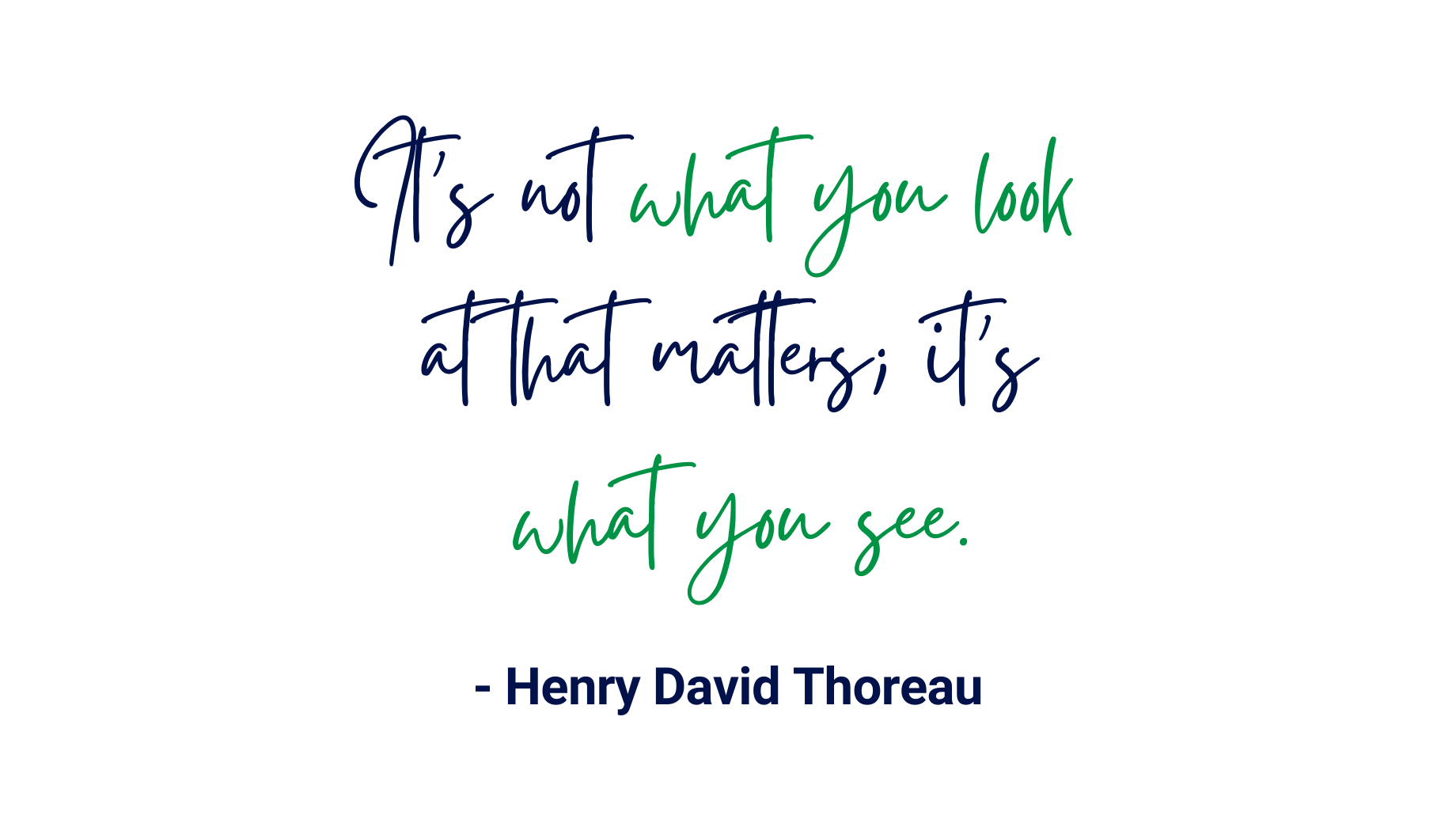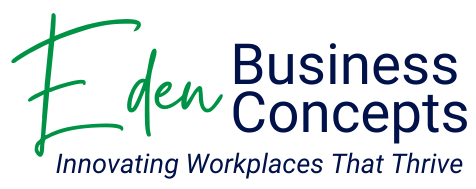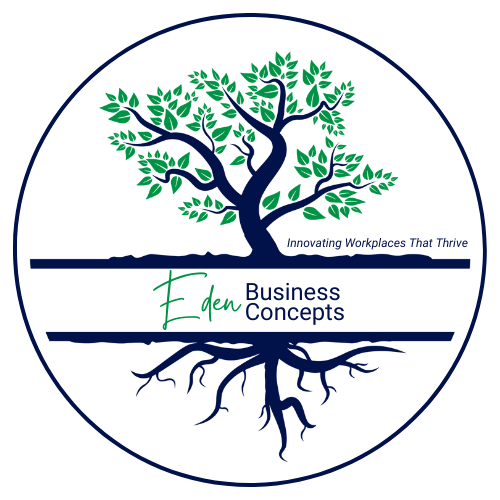


Perspective is powerful. It shapes our perception of reality. As a leader, it shapes the reality of everyone around you.
In a recent conversation with a physician friend, she expressed regret that she had chosen to take a decade of her life to study medicine. The clinic where she works is chaotic and unpredictable. Clinic hours, extra projects, presentations, note-taking all rob her of time with her family. Right now, her perspective is that her job costs her more emotionally, physically, and relationally than the value it provides. She wants to use her work as a physician to make a particular impact on patients’ lives, and she feels that her current work situation is preventing her from moving toward that vision. From what she sees, her only option is to abandon either her position, her career in medicine, or both. Her perspective is narrowing to the negative impact her work has on her.
My role in these conversations is to lift her head, help her look outside of her personal space, and see a broader, longer view. We need a long-term plan to have a platform to fulfill a powerful, impactful vision with our ideas. The path to that platform is through training, experiences, reputation building. Whatever work or circumstance you are in now, if you view it from this longer-term perspective, is a step along the journey to your vision. Seen from the right perspective, your current role is an experience you need for your future, whether as a skill for empathy and understanding or for constructing an alternative that is less damaging or more effective.
Of course, there are jobs and life situations that are futile, abusive, dangerous, or toxic, and you might need to move away from them a soon as you can. Otherwise, take the time to reflect, ask thoughtful and wise colleagues, coaches, or mentors to share their perspectives and help you get a broader view. Make the connections between your current experience and the purpose you see for your life and legacy as a leader.
Let’s drive this a bit deeper into our thinking and motivations.
Perspective-driven perceptions, our personal take on what is true and why are powerful because they form the basis of our beliefs and actions. We will swing toward or away from the truth depending on how well we know our hearts and what our training and experiences have taught us.
How we view our world and the people we interact with form what we believe to be true about them. We form perceptions based on our first impressions, observations, past and current experiences, values and beliefs, biases, and stereotypes. We respond to our circumstances from what we believe to be true about ourselves, and others, without conscious regard for the accuracy of our assessment.
If we are experiencing difficulty, disappointment, trauma, or tragedy now, or have in our past, our pain, confusion, numbness, and depression can lead us to doubt what is true. In a conflict with others, we will also assume that their words and behaviors accurately represent intentions and motives. If we perceive that someone has our best interests at heart, we will be more likely to have positive emotions towards them. If we believe that the person confronting us is hostile and uninterested in our needs, we will guard our hearts and push back with negative emotions.
Emotional noise generates quickly when someone we trust appears disloyal, or we learn new information about them or their past. Taking the time to listen empathetically, allowing our partners in conversation to articulate their meaning and motives, lowers emotional noise, and moves all of us closer to the truth.
As we talk about in our podcast this month, where we reflect on the encouragements and challenges of the past year, how we perceive each event will have a powerful impact on how we move forward into the next season. Dennis and I suggest a set of responses and actions that will help you clarify your perceptions and build a more helpful perspective on your life and future.
-
- Recognize what you have lost, feel the grief of those losses, and spend time letting yourself mourn and readjust to the new reality.
- Replace dissatisfaction, negativity, and complaining with gratitude. Reflect on what you have, and choose to become hopeful about what is possible as you move forward.
- Respond to others with empathy: listen, hear, understand their perspectives, and help them move to healing and compassion.
- Reach out to your community. Allow the people in your life to care for you. Choose to walk together rather than alone through your decisions and responses to life.
As a leader, your company, employees, colleagues, family, and friends will reflect your perspective in their own lives and work. Lift their eyes to see a vision of their future that is thriving.
Let us know if we can work with you to address any of these realities in your company.
And, if you missed it, check out our latest blog post as we reflect on this year.
To Your Health!

Resources for this topic:
Q&A for this topic:
Let’s make this practical for you right now with a couple questions to think about:
- How will you take time to reflect and mourn what you’ve lost in the last year?
- What are you grateful for?
- How would empathy and compassion change your relationships at work and elsewhere?
- Are you willing to be transparent with your community and work together to become more healthy in 2022?



